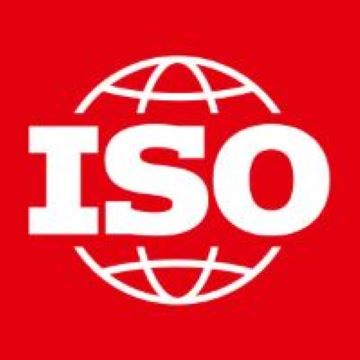Necessary Education Or Work Experience
- University degree required, preferably in Instructional Design, Training Design and Development, Education and Learning Technology, or Online Curriculum Development.
- Five (5) years of solid experience in successfully designing and developing online learning materials deployed in a variety of environments.
- Solid working knowledge of using various authoring tools (such as Articulate 360, Adobe Captivate, Moodle) for use in online and blended learning.
- Three (3) years of demonstrated experience in working with Learning Management Systems, in particular Moodle.
- Familiarity with accessibility standards (e.g., WCAG).
- Basic knowledge of web technologies, HTML, CSS, and JavaScript.
- Fluent in English (C1 level minimum), and working knowledge of French is an advantage.
Required Knowledge And Skills
- Strong ability to develop and design engaging and effective learning experiences.
- Extensive writing communication skills to produce concise interactive and clear content.
- Basic proficiency in graphic design.
- Ability to effectively manage the work in a fast-paced and collaborative environment, partnering with Instructional Designers, Subject Matter Experts, and other team members to achieve the overall design vision.
- Ability to conduct user testing, gather feedback, and build on it to improve the content.
- Excellent project management skills while focusing on results and learners’ needs and expectations.
- Creativity and out-of-the-box thinking to stay current with Learning and Development industry trends and effective methods for content delivery.
- Independent and self-motivated, with experience working in a multicultural environment.
- Adherence to ISO’s core values of Respect, Integrity, Collaboration, Growth Mindset, and Pushing Boundaries.
ISO, the International Organization for Standardization, brings global experts together to agree on the best way to do things—for anything from making a product to managing a process. As one of the oldest non-governmental international organizations, ISO has enabled trade and cooperation between people and companies the world over since 1946. The International Standards published by ISO serve to make lives easier, safer, and better.
Standards define what great looks like, setting consistent benchmarks for businesses and consumers alike—ensuring reliability, building trust, and simplifying choices.
Making lives easier, safer, and better.

